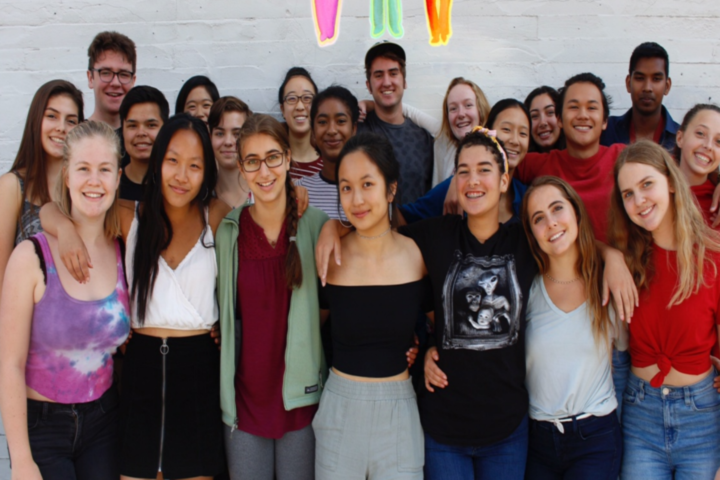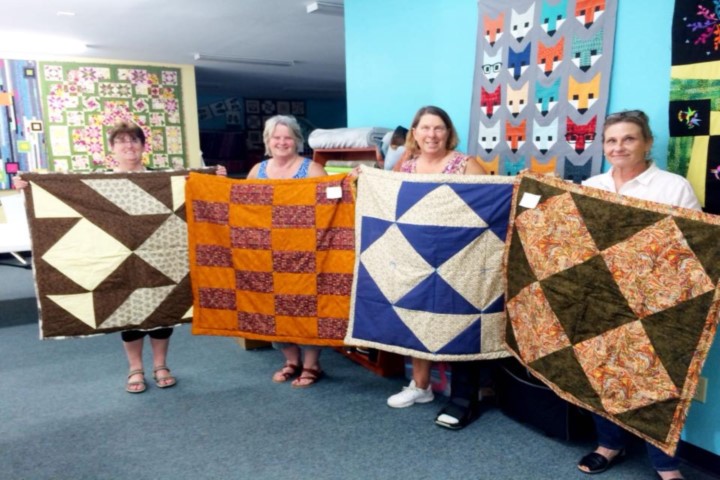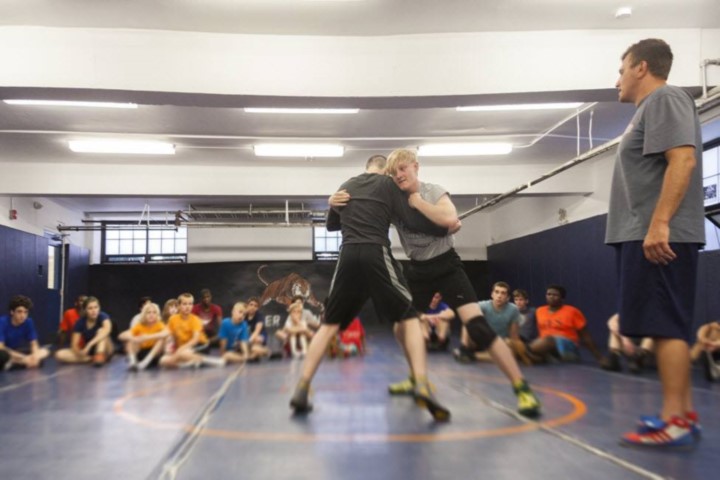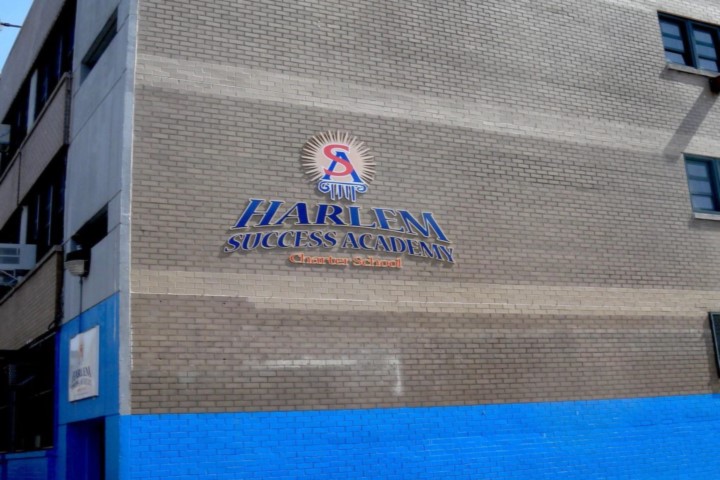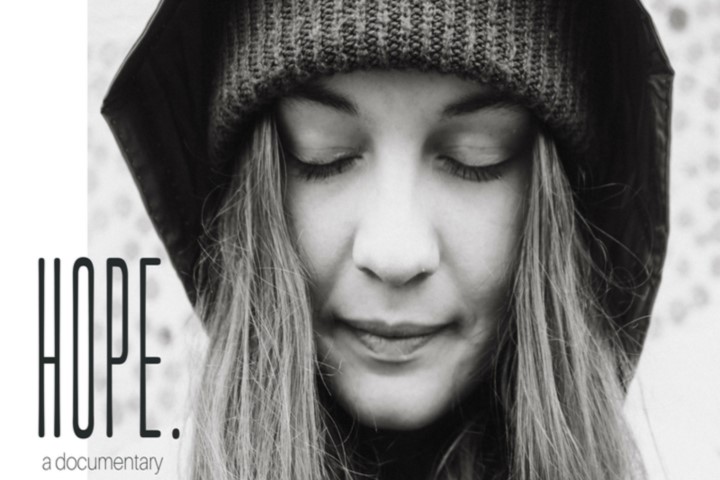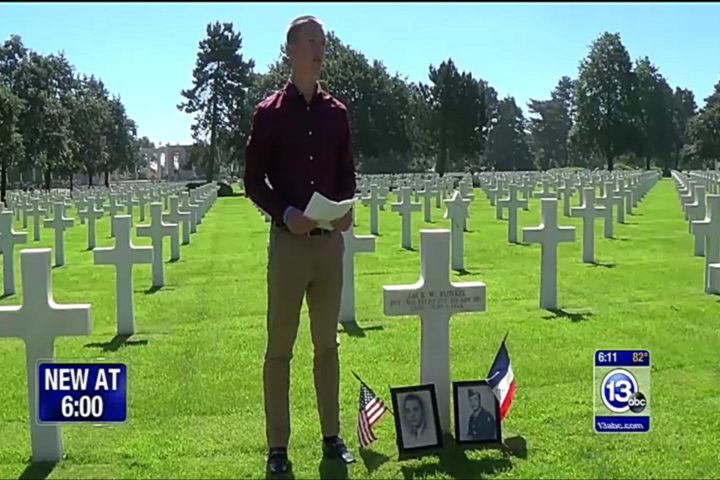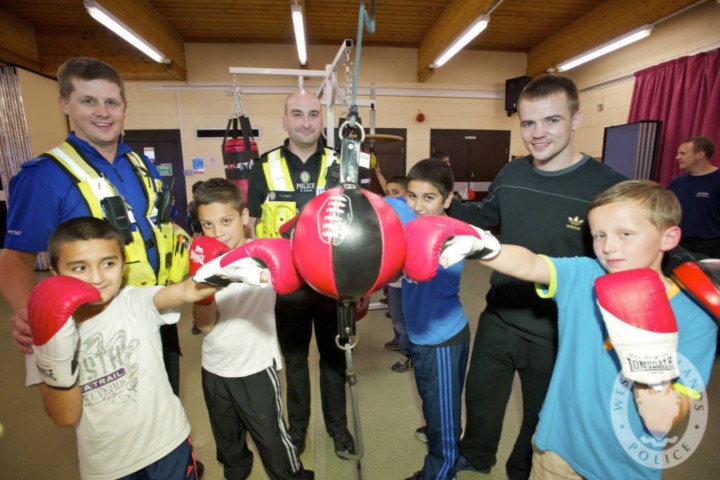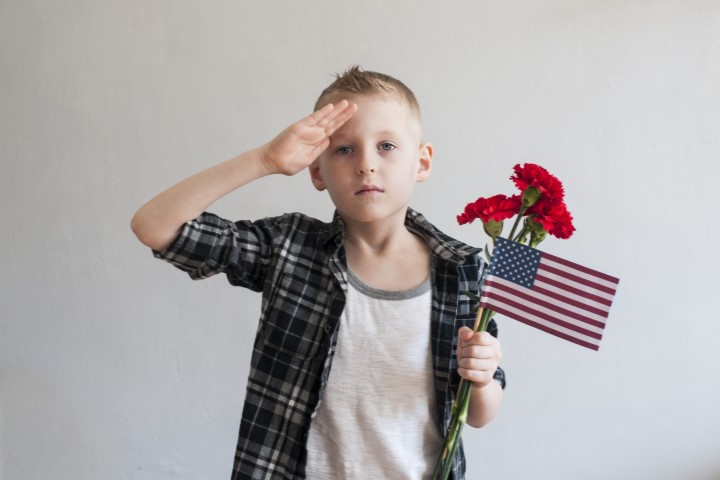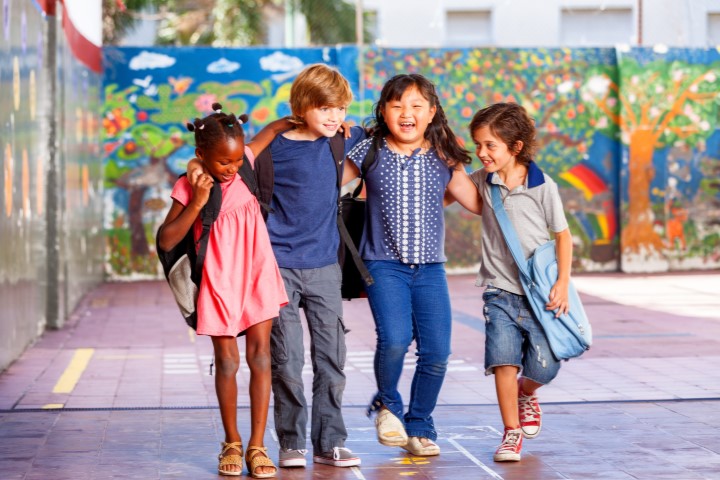The barrage of racist messages at California’s Albany High School – scrawled in hallways and on text books, along with attacks on social media – convinced her the only way to change the situation was through a cultural shift, led by students.
An Instagram post in March 2017 depicting the lynching of a black female student by the Ku Klux Klan served as the final straw, and Weinstein partnered with good friend Melia Oliver to create Speak, a social justice program focused on educating elementary students about empathy, racism, sexism and anti-Semitism, The Jewish News reports.
“The Friday the Instagram account was discovered, Melia and I had this really big conversation,” Weinstein said. “We realized that there was this need and we had a responsibility as citizens of our school and citizens of our world to make this change.”
The two recruited classmates to join the group and help lead discussions, then went to work designing a curriculum to cover a variety of topics, from bullying to LGBTQ discrimination, for students in grades three through five.
“Fourth- and fifth-graders are so influenceable,” Weinstein said. “They are really malleable, so you can give them information and they are willing to talk about it and they don’t have these walls built up yet.”
“We realized that we really needed a cultural shift, through education at a young age, to not tolerate hate. Obviously it’s not something that can be solved so quickly, but with something like Speak and other activist groups, hopefully some things like this can be helped.”
Speak held 38 presentations in fourth- and fifth-grade classrooms at three Albany elementary schools last year, and now has plans to spread the message to sixth-graders, as well, in 2018.
Weinstein, now a junior, recently won $36,000 to continue her work from the 2018 Diller Teen Tikkun Olam Awards, a national program that recognizes Jewish students who exemplify the values of their faith.
“At the end of the presentations we often have a closing circle and we ask what have you learned in the past hour, and they’ll sometimes say, ‘I want to make a difference like you’re making a difference,’” Weinstein told The Jewish News. “If a girl in her freshman year with her friend was able to create a program that can reach all these people, it shows we have the ability to make a difference.”
Students in Speak crafted the program to address the specific issues of racism and anti-Semitism gripping the high school, and educators and administrators who encouraged the program will undoubtedly benefit from the positive changes to school culture.
“We can only care for the young in their particularity,” researchers at the Institute for Advanced Studies in Culture wrote in “The Content of Their Character,” an analysis of character education in a wide variety of schools. “If we are not attentive to and understanding of these contexts, we are not caring for real, live human beings, but rather abstractions that actually don’t exist at all.”
Speak offers more information about the program, including its mission, presentations and team biographies at AHSStudentsSpeak.org.
